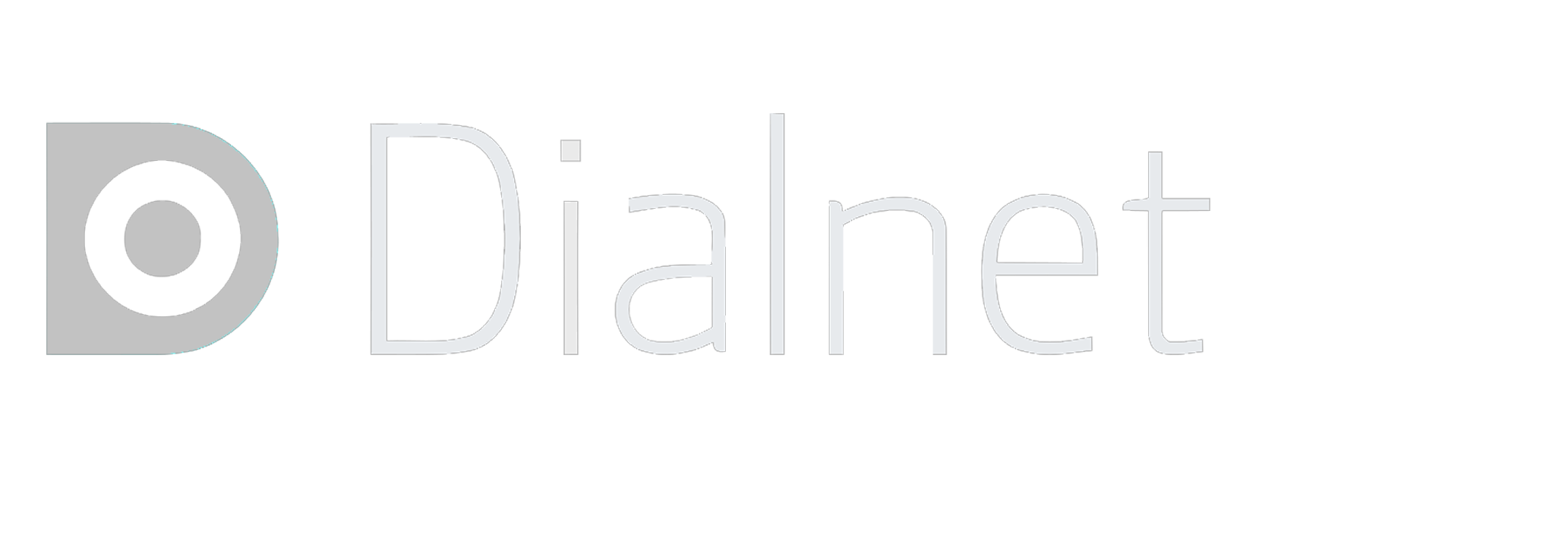Las actitudes lingüísticas de los docentes frente a la diversidad lingüística presente en las aulas
Palabras clave:
Actitud del docente, ideología, escuela, diversidad lingüística, discriminaciónResumen
El presente artículo aborda las actitudes lingüísticas de los docentes hacia las variedades lingüísticas de los estudiantes. Los objetivos del trabajo son reflexionar sobre la importancia de las actitudes de los docentes en la enseñanza de la lengua, y analizar las actitudes lingüísticas de docentes de lengua de la ciudad de Valledupar (Colombia). En términos metodológicos, se asumió el enfoque cualitativo centrado en el análisis crítico de los discursos de 45 docentes de lengua en ejercicio, a quienes se les hizo una entrevista semiestructurada. Los resultados confirman los hallazgos en otros contextos y plantean la necesidad de buscar nuevas rutas en la formación del profesorado; sobre todo ahora que el reconocimiento y valoración de la diversidad es una exigencia social, histórica y gubernamental. Como conclusión resultó que entre los docentes prima la ideología de la lengua estándar, por lo que la mayoría valora negativamente las variedades de sus estudiantes, asume la variación como un problema en el aula y considera que los estudiantes emplean variedades lingüísticas pobres o poco complejas, como resultado de los grupos socioculturales a los que pertenecen.Publicado
2023-03-31
Cómo citar
Salazar, A. R., & Pérez, A. L. (2023). Las actitudes lingüísticas de los docentes frente a la diversidad lingüística presente en las aulas. Revista Signos. Estudios De Lingüística, 56(111). Recuperado a partir de https://revistasignos.cl/index.php/signos/article/view/673
Número
Sección
Artículos
Licencia
Derechos de autor 2023 Revista Signos. Estudios de Lingüística

Esta obra está bajo una licencia internacional Creative Commons Atribución 4.0.
Aquellos autores que tengan publicaciones con esta revista, aceptan los términos siguientes:
- Los autores conservarán sus derechos de autor y garantizarán a la revista el derecho de primera publicación de su obra por medio de este documento de cesión de derechos de autoría, el cuál estará simultáneamente sujeto a la licencia de reconocimiento de Creative Commons que permite a terceros compartir la obra siempre que se indique su autor y su primera publicación esta revista.
- Los autores podrán adoptar otros acuerdos de licencia no exclusiva de distribución de la versión de la obra publicada (p. ej.: depositarla en un repositorio institucional o publicarla en un volumen monográfico) siempre que se indique la publicación inicial en esta revista.
- Se permite y recomienda a los autores difundir su obra a través de Internet (p. ej.: en publicaciones institucionales o en su página web) antes y durante el proceso de envío, lo cual puede producir intercambios interesantes y aumentar las citas de la obra publicada. (Véase el efecto del acceso abierto).










